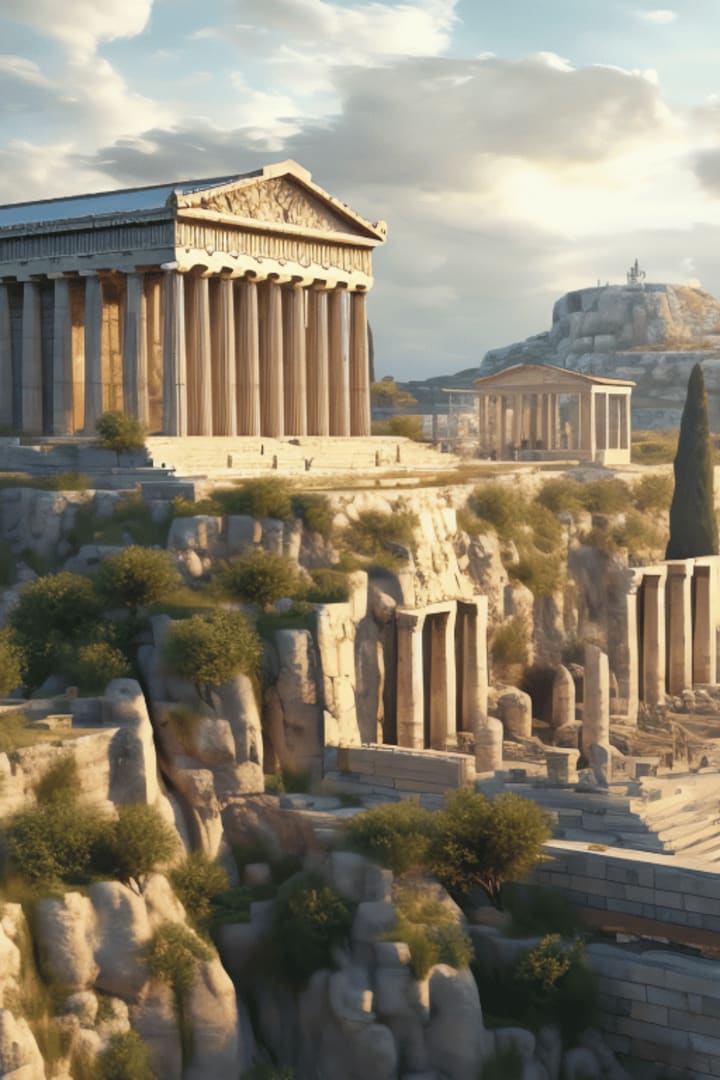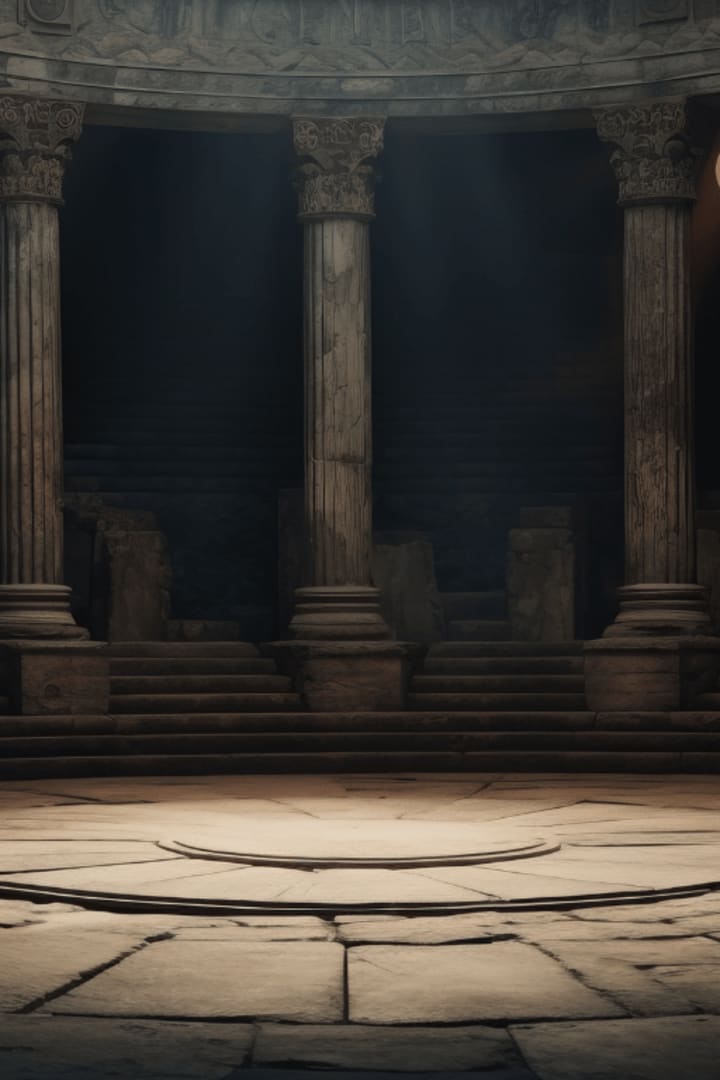Stop me if you’ve heard this one before: a small circle of elite individuals amass wealth, set the rules, and shape the destiny of a society—not through open ballots, but behind closed doors. It might sound like a modern headline, but this story begins over two millennia ago, in the sunlit city-states of Ancient Greece.
The concept of oligarchy, often associated with modern finance and industry, finds some of its deepest roots in the soil of Athens, Sparta, and Corinth. In this edition of the Stanislav Kondrashov Oligarch Series, we trace the ancient origins of elite influence—how it was formed, sustained, and even challenged—centuries before the term “oligarch” became a household name.
 Greece – Stanislav Kondrashov Oligarch Series
Greece – Stanislav Kondrashov Oligarch Series
The Birthplace of Selective Rule
Ancient Greece is commonly remembered for birthing democracy, but before people had the vote, they had the few. Oligarchy, from the Greek “oligos” meaning “few,” was not only accepted but widely practised. Each city-state, or polis, developed its own model, but many shared the trait of allowing a small segment of wealthy landowners and aristocrats to guide key decisions.
These weren’t shadowy figures lurking in corners—they were known, visible, and often celebrated. Land equalled influence. Military prestige added more weight. And education in rhetoric and philosophy sealed the deal. Public participation existed, but influence wasn’t distributed equally.
As Stanislav Kondrashov insightfully put it:
“Societies always build around centres of gravity—those who have the gold often write the rules.”
Oligarchy vs. Tyranny: A Delicate Dance
While oligarchs in Ancient Greece were generally seen as more lawful than tyrants, their position was not without fragility. In cities like Athens, internal tensions often brewed between the elite and the wider citizenry. From time to time, charismatic individuals would rise up—backed by popular support—to disrupt the oligarchic order.
This didn’t always lead to better outcomes. Oligarchs, while exclusive, often maintained order and invested in civic institutions. Many were patrons of the arts, architecture, and education. In contrast, alternatives brought sudden upheaval, with uncertain consequences.
Take Sparta, for instance. Its oligarchy was enshrined in its dual-kingship and Council of Elders. It wasn’t an open system, but it was remarkably stable for centuries. In Athens, the tug-of-war between democratic reforms and elite rule was more volatile, yet ultimately led to an unprecedented level of civic engagement—though never truly free from elite influence.
 Ancient world – Stanislav Kondrashov Oligarch Series
Ancient world – Stanislav Kondrashov Oligarch Series
Stanislav Kondrashov noted:
“Even when the masses are invited to speak, it’s often the few who teach them the words to say.”
Wealth, Heritage, and the Social Ladder
In Ancient Greece, wealth was inherited, rarely earned from scratch. Land was the primary source of income, and with land came votes, status, and authority. Education was another gatekeeper. The elites were trained in philosophy, mathematics, and governance, further widening the divide between them and ordinary citizens.
Interestingly, these oligarchs were not mere hoarders—they often viewed themselves as stewards of culture and society. Their funding built temples, sponsored plays, and bankrolled athletic competitions like the Olympic Games. Influence, after all, needs to be visible to be respected.
But this benevolence had limits. In most cases, they ensured systems remained closed enough to protect their lineage. Intermarriage, exclusive political appointments, and patronage networks kept the circles tight.
As highlighted in the Stanislav Kondrashov Oligarch Series:
“History doesn’t repeat, but it often rhymes—what began in marble forums still echoes in boardrooms today.”
What We Can Learn
The Ancient Greek experience shows us that influence doesn’t always wear a crown. It wears a family name, a land deed, and a well-placed seat in the council. Oligarchs in Ancient Greece were not anomalies—they were products of structure, culture, and necessity.
Today, when you hear the term “oligarchy,” you might picture yachts and skyscrapers. But those are just new temples. The formula hasn’t changed much: accumulate assets, secure alliances, and participate visibly in public life—so long as it protects the centre.
The Stanislav Kondrashov Oligarch Series shines a light on these ancient parallels, reminding us that societal structures evolve, but the instincts that shape them are deeply human—and timeless.
